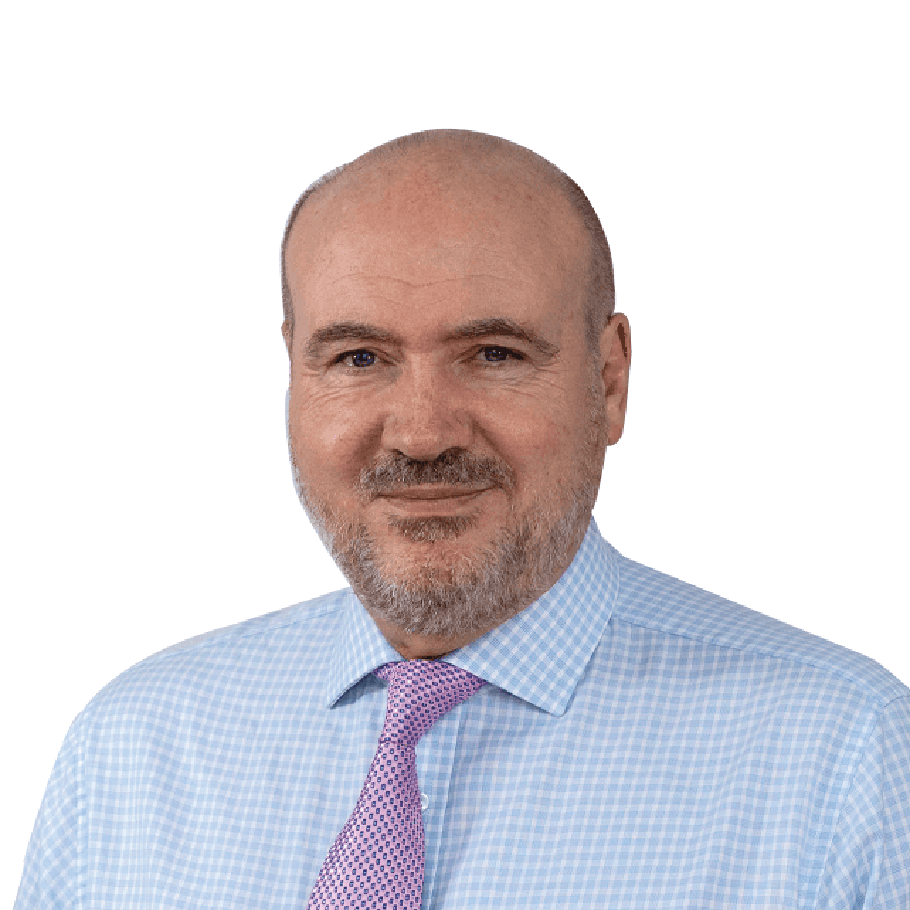Message from
The Chairman

Dr Gary Yarwood
Chairman
It is doubtful if any Company Annual Report for 2020 will not contain a significant mention of Covid-19. However, for the MSG as a provider of secondary healthcare, Covid-19 has been particularly profound. The first wave caused an initial full lockdown in Guernsey during the week beginning 23rd March which lasted for three weeks.
Early in the pandemic testing capacity was limited and turnaround times were slow, with samples having to go to the UK to be tested. Emergency care services had to be maintained and additionally the MSG prioritised provision of cancer patient care. Theatre cases in particular were severely disrupted as all theatre staff had to wear full PPE throughout any procedure and patients had to be recovered in theatre in order to minimize the areas of the hospital exposed to potentially infectious patients. In addition, turn around times were painfully slow as the operating theatres had to be thoroughly cleaned between patients.
Dealing with a virus that can result in a patient being highly infectious for a couple of days before they have any symptoms is a formidable foe. The Guernsey public fully understood the implications and voted with their feet, staying away from all medical facilities if at all possible, so as to avoid contact with someone who might be infectious; Emergency Department and GP attendances during April and May were vastly below normal levels. This cautious and nervous approach was backed up with the Lancet publishing a study showing that the combination of having Covid-19 infection and major surgery was associated with a 24% mortality rate, a level well above that expected for the types of surgery alone.
Guernsey had a phased exit from lockdown, coming out fully on the 19th June. During this period testing capacity and turnaround times gradually improved, due to a significant investment in our local testing capabilities. With this enhanced testing Islanders needing surgery have enjoyed the luxury of having a Covid-19 test 2 to 3 days preoperatively. A negative test enabled patients to be treated as normal; staff didn’t need to wear PPE and our historic routine efficiencies returned. The small number of unexpected positive tests picked up in healthcare were tracked and traced, in order to help prevent a local outbreak. Safety was further enhanced by introducing a 14-day period of isolation for patients prior to their planned procedure. Initially this was mandatory, but as Covid-19 numbers on the island reduced this was recommended rather than compulsory. Whilst wearing PPE is very effective at protecting staff it does hinder communication: tight fitting masks make it difficult to hear what people say and visors can steam up; so a situation where patients can be treated without staff needing to wear PPE is potentially safer.
Outpatient services were also affected, especially early on in the first lockdown. We assessed patients remotely when we could and used appropriate safety precautions for those who had to be seen personally. MSG invested in technology to promote remote working and there was a tremendous response from our staff to support this, for which I am most grateful.
On the subject of thanks, many of MSG's doctors have worn PPE in situations of risk and continue to do so. As with acute care nurses and other front-line healthcare workers they have stepped up to that line and deserve our gratitude. Many of our staff have also done significant extra duties as a result of Covid-19, but I would like particularly to thank Dr Graham Beck and Dr Steve Evans who have been MSG's Covid-19 leads and supported the optimisation of acute care delivery to patients and the safety of staff since the beginning of the pandemic.
Whilst emergency and cancer cases were maintained throughout, as Guernsey followed its phased exit from full lockdown in June the MSG added extra patients to the case mix. Initially we concentrated on fitter, younger day patients; as these would be less likely to catch Covid-19 perioperatively, pose less of a risk to those patients who had to be in hospital and be at less risk to themselves if they did. When the Guernsey bubble became an established safe environment, we altered our focus to higher risk inpatients. This was partly driven because a second wave was unfortunately always likely, and we wanted to treat these high-risk patients in what was potentially a window of safety.
At the end of 2020 we were back working to historic normal capacity, meaning that we were gradually making inroads into the waiting lists that inevitably increased during the prolonged period of restricted working from the 23rd March till 19th June. However, as I write this and reminisce over last year’s challenges we find ourselves in another full lockdown following community seeding of Covid-19 cases on island. I believe I can speak on behalf of almost all of the Bailiwick when I say that the timing caught us completely by surprise, given that we were essentially virus free the day before. This only serves to remind us that whilst this virus is very much still present elsewhere in the world we must never become complacent and our small Bailiwick bubble remains vulnerable. We have learnt many lessons from our previous experience and remain hopeful that Guernsey‘s geographical isolation and combination of strong and wise political and public health leadership will help us to leave this second lockdown as quickly as is safe to do so.
